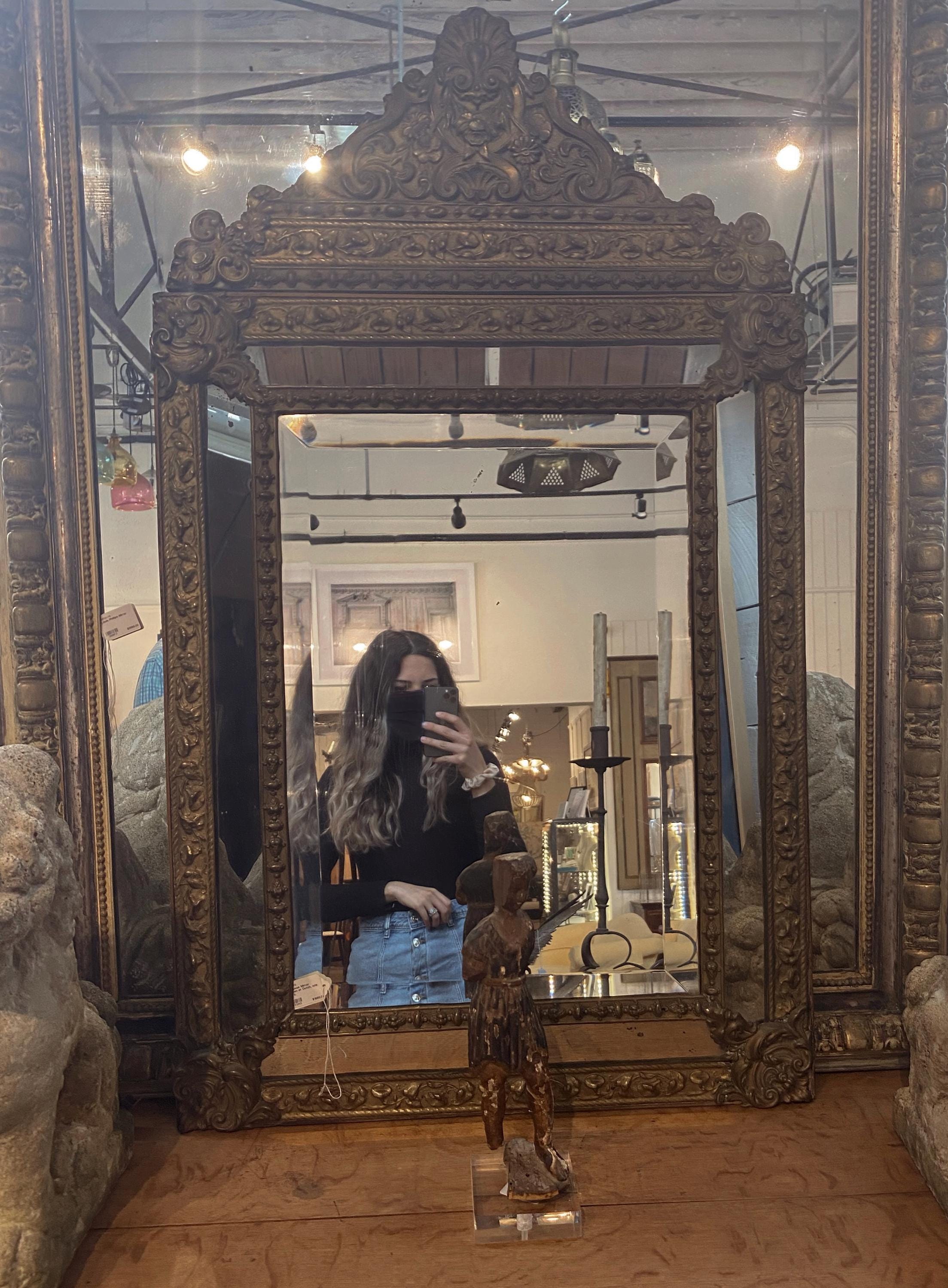For a while, everything just stopped. Not in a poetic way. Not in a peaceful way. Just—halted. In early 2020, the world hit something it didn’t know how to name. We stayed home. We checked the news too much. We lit candles for comfort. We tried to keep going, quietly, in place.
Our circles of care grew fragile. Daily rhythms loosened. A quiet heaviness edged closer, first in whispers, then in fuller weight. In a world that moved too fast, we were suddenly asked to sit still. To be quiet. To live inside the pause.
And in the hush that followed the panic, something else began to surface—a soft noticing.
We started seeing what had once been on the periphery. The hand-thrown mug that fit just right in your palms. A quilt, frayed and mended. A song you forgot you loved until it found you again. The corner bookstore with creaky floors. The local makers who never stopped making. They didn’t call themselves essential. They just were.
Home became not just where we lived, but where we landed. Where we listened to the quiet, not because we wanted to, but because we had no other choice. And in that quiet, we began to understand the true shape of our lives without the noise. And somewhere in that season, our love for vintage got louder. Not for nostalgia’s sake. Not for aesthetic. But because it felt real. We started collecting things that had already been collected. Things worn-in, not worn-out. Things made to last longer than a single season.
There, among time-softened linens and well-thumbed pages, we found things that spoke. A sun-bleached textile. A chair with a loose joint but a patina that was just right. Guided by wabi sabi, we learned to see presence in the mended, the softened, the imperfect— the warm brass handle rubbed smooth by countless hands and the way an old book smells.
These pieces began to tell a story of quiet endurance—not only of where they’d been, but of what we’d been missing. They reminded us that each VTG object we welcome home carries a lineage of care, offering proof that the 'old' still has a place at the table. And that maybe, the things we choose to keep are also keeping a small part of us in return.

